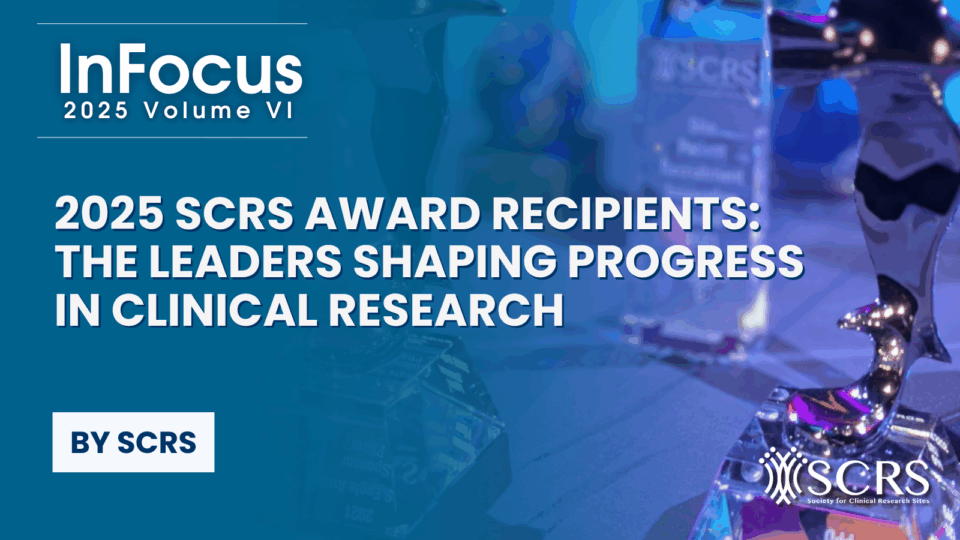How to Use AI Tools as a Clinical Research Coordinator

Artificial Intelligence (AI) has become an integral part of our daily lives. You’ve probably used predictive text options on your phone, seen suggested searches on Google, or viewed the “For You” sections on Netflix or Amazon. These platforms embed predictive AI into their tools to learn about your preferences based on past searches or actions and predict what may be the most relevant for you.
At its core AI simulates human intelligence through algorithms. These algorithms allow computer systems to learn and process information for human-like problem-solving and decision-making.
Clinical research is a highly regulated field with insurmountable amounts of data to process, and AI can support and simplify daily tasks for clinical research coordinators (CRCs). CRCs support clinical operations and patient appointments and often manage feasibility analyses, patient recruitment, budget negotiations, training, etc. Depending on the needs of your role, experimenting with some basic AI tools as a clinical research coordinator may make your job just a little easier!
There are a variety of vendors with embedded AI tools that are trained to perform certain tasks. You may have Microsoft Office with CoPilot for automating internal tasks. Other platforms, like Meetings.ai, integrate into Teams, Zoom, and Google and automatically send emails with discussion summaries and action items.
Another popular AI tool, ChatGPT, can be a powerful resource but works a bit differently. This platform requires an upload of documents or information for it to learn & digest first. The more information that can be provided during this step, the better the output. Once the information is uploaded, you can ask or “prompt’ it to generate certain responses.
A wide range of outputs can be requested through prompts. If you’re unsure where to start, here are some suggested ideas to try:
Patient Education, Identification, and Recruitment
- Protocol Review
- Simplify wordy protocols into digestible pieces for a better understanding of a trial or create SOPs based on the trial protocol.
- Expand exact terminology from within the protocol to find synonyms or abbreviations of inclusion/exclusion criteria.
- Chart Review
- Analyze patient data to determine eligibility for trial recruitment based on I/E criteria.
- Summarize information at scale to identify patterns in screen fails or Did Not Qualify or for reporting on trends of adverse events.
- Patient-Facing Materials
- Paraphrase the protocol into language that a 5th grader would understand.
- Translate your educational and recruitment materials into multilingual options to expand inclusion in your trials.
Internal Support
- Training Resource
- Upload training materials and request a summary of the materials or an outline.
- Ask questions about the materials to deepen your understanding or to test your knowledge.
- Meeting Recaps & Email Response
- Integrate tools into meetings and calendars to automate meeting transcripts, call & email summaries, and actionable next steps.
- Generate a professional email response when you can’t find the right words, or to ensure appropriate communication.
- Contract Negotiations
- Summarize key contract terms and compare them with previously awarded contracts to optimize budget negotiations.
CRCs are constantly pulled in several directions and AI can help manage the day-to-day chaos, especially with tools for meeting notes or quickly summarizing a 20-page protocol. Start with smaller tasks to get a better understanding of how you can use these tools, and then expand your possibilities!
One crucial point to remember is that these platforms are most effective when given ample information. While these algorithms have been trained in vast datasets, the quality of their outputs depends on the information you provide. Always review AI-generated material for accuracy before using it as a definitive source.
By embracing AI, clinical research coordinators can enhance their efficiency and focus more on the critical aspects of their roles, ultimately contributing to more effective and streamlined clinical trials.



